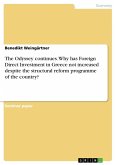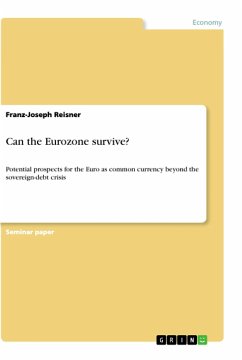In 2010, Greece requested financial help to overcome their fiscal and financial difficulties. Stand-By Arrangements have been approved by the International Monetary Fund, together with the European Union. These lending arrangements are based on conditionality, which is to ensure that the affected country will be placed in a situation with improved financial and economic possibilities, so that it may repay its disbursed loan. In order to measure the effectiveness of conditionality, developments of growth in countries under arrangements are analyzed in this thesis, divided into short-term and medium- to long-term arrangements. Effects such as moral hazard, loss in credibility or hampered growth may lower the effectiveness of conditionality, while streamlining conditionality as a political implication might support the effectiveness. Are individually designed lending arrangements, provided by the International Monetary Fund, supporting the global attempt to overcome the current debtcrisis? Do specific arrangements tackle the corresponding problems? Is conditionality as a foundation of lending arrangements effective enough to improve the economic situation in the member country, does it avoid contagion in order to stabilize the international monetary system?
Bitte wählen Sie Ihr Anliegen aus.
Rechnungen
Retourenschein anfordern
Bestellstatus
Storno








